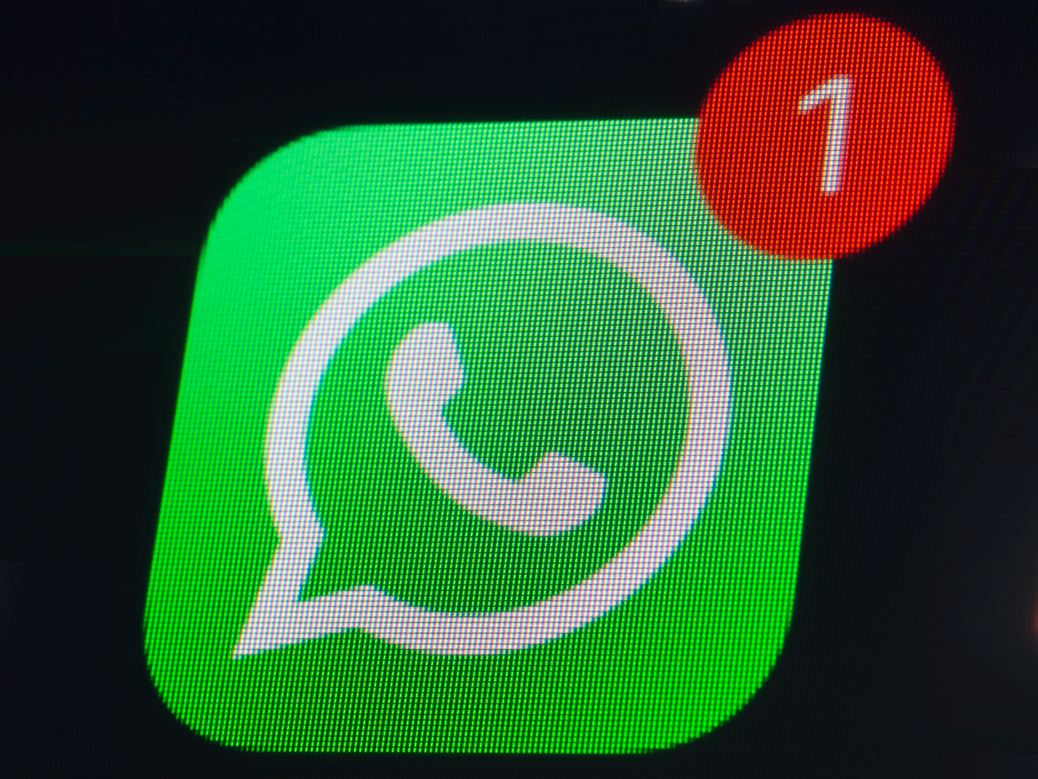WhatsApp, iMessage, Messenger and other big platforms could have to work with other apps under new EU rules

WhatsApp, iMessage and other platforms could be about to see a drastic shakeup under new EU rules.
The companies could be forced to work with other, smaller apps as part of the new Digital Markets App, the European Union said.
That would mean that, for instance, the EU could force people to be able to message between WhatsApp and Telegram.
Until now, most major chat platforms – from Apple’s iMessage to Meta’s WhatsApp and Messenger – have been run as entirely separate platforms. People on iMessage are only able to share chats with other people on the same app, for instance.
But the new rules would give lawmakers the ability to require those apps to “open up and interoperate with smaller messaging platforms, if they so request”, the EU said.
The changes would mean that “users of small or big platforms would then be able to exchange messages, send files or make video calls across messaging apps, thus giving them more choice”, it said in a statement.
The current exclusivity of different platforms is both a technical and marketing limitation. Both WhatsApp and iMessage are encrypted, for example, meaning that actually allowing them to communicate would mean changing the way they work – but companies have also stopped their apps working together so that users are locked in to certain platforms.
It did not say whether the changes were planned to come to the big apps, too, so that WhatsApp and iMessage could be compelled to work together.
It also said that it would not require the same “interoperability obligation” for social networks – but that it would discuss such changes in the future.
The deal was agreed after an eight hour discussion between the EU’s parliament, council and commission, it said in a press release. It is part of the bloc’s new Digital Markets Act, which could bring in sweeping changes to a range of tech products.
Join our commenting forum
Join thought-provoking conversations, follow other Independent readers and see their replies
1Comments